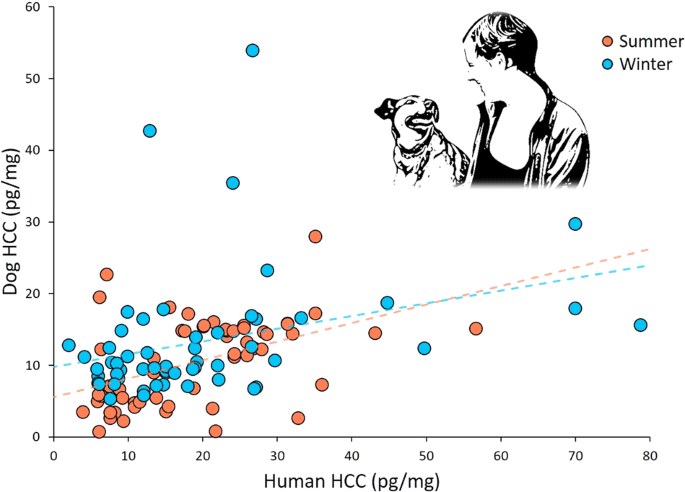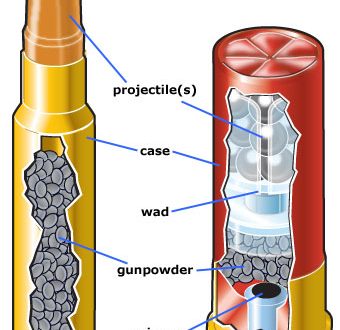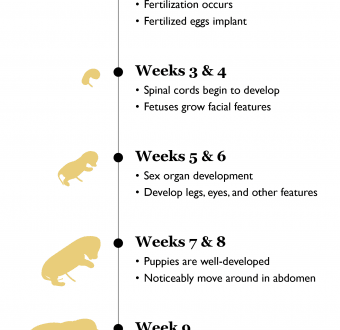
How does a human cause stress for a dog?
Сstress is a very fashionable word, but few people think about what actually lies behind it and what is the physiological component of stress. And even if they understand, they do not always know how to apply their knowledge in relation to the dog. What is stress and how does a person cause stress for a dog?
Photo: google.by
Contents
What is stress in a dog’s life?
Stress is a set of non-specific adaptive reactions of the body to the impact of various factors (both physical and psychological) that disrupt homeostasis (self-regulation, the ability to maintain stability and balance). That is, almost any change is a stress of varying degrees of intensity. This applies to all living organisms, including humans and dogs.
Stress is often perceived as something negative. But it’s not. There is stress positive (eustress) and negative (distress), that is, associated with positive or negative influencing factors.
In other words, if we are happy or pleasantly surprised at something, this is eustress; if we are sad or in pain, it is distress.
But whatever the stress, positive or negative, the reaction of the body is the same. So it’s worth knowing how stress affects a dog and how the owner can help the pet deal with it. Especially considering that the main stress factor in a dog’s life is often a person.
How does a dog react to stress?
Imagine that you are on a hunt and you meet a game. At this point, the dog’s pupils dilate, muscles tense up, and blood pressure rises. This is necessary so that the dog can either catch the fleeing game or survive the fight. That is, the physiological reactions of the dog’s body are brought into combat tone.
If the dog participates in an active game with relatives, she also puts herself on “combat readiness” – she also experiences stress.
When a dog runs an agility course, he also experiences stress. And at the finish line, she will meet her beloved owner and stormy praise – and this is also stressful.
That is, we can say that stress for a dog is:
- survival mechanism
- that gives the body the opportunity to work at maximum capacity.
So there is nothing wrong with stress, if it is not excessive. However, excessive or chronic stress can be detrimental to a dog.
Photo: google.by
How does a person affect a dog’s stress level?
Dogs have lived with humans for thousands of years. And during this time, a strong bond has developed between our species.
However, times and conditions have changed. Previously, people and animals had to actively fight for survival: get food, fight enemies, attack and run away, so no one suffered from physical inactivity. But now the situation has changed, and the body still works as it was “programmed” from the beginning. Today, dogs, like people, often suffer from overeating, physical inactivity and boredom. The owners, no doubt, love pets, however, transferring their sedentary lifestyle to them, they do a disservice and cause harm.
Another source of chronic human-related stress for dogs is inhumane training and upbringing methods. Alas, despite the fact that in recent decades, science has made a tremendous breakthrough in the study of the psychology of dogs, many owners continue to use dangerous and outdated myths, such as the dominance theory that has already set the teeth on edge.
The risk zone is also excessive loads, especially fraught with injuries. Sometimes people, trying to diversify the life of a dog, do everything in the world: obedience, agility, pasture, frisbee, flyball, freestyle, etc. If you follow the measure, this is wonderful, but it happens that a person captured by the idea “Faster, higher, stronger” stops paying attention to the condition of the pet, does not recognize the symptoms of overexcitation and stress, and does not give the dog the opportunity to recover and relax. And what was supposed to be eustress and a cure for boredom turns into distress and leads to problems.
What to do? Remember that dogs are intelligent social creatures that make our lives better – and we simply must watch them, learn to assess their condition and protect them from excessive or chronic stress.





